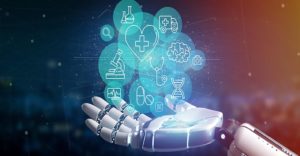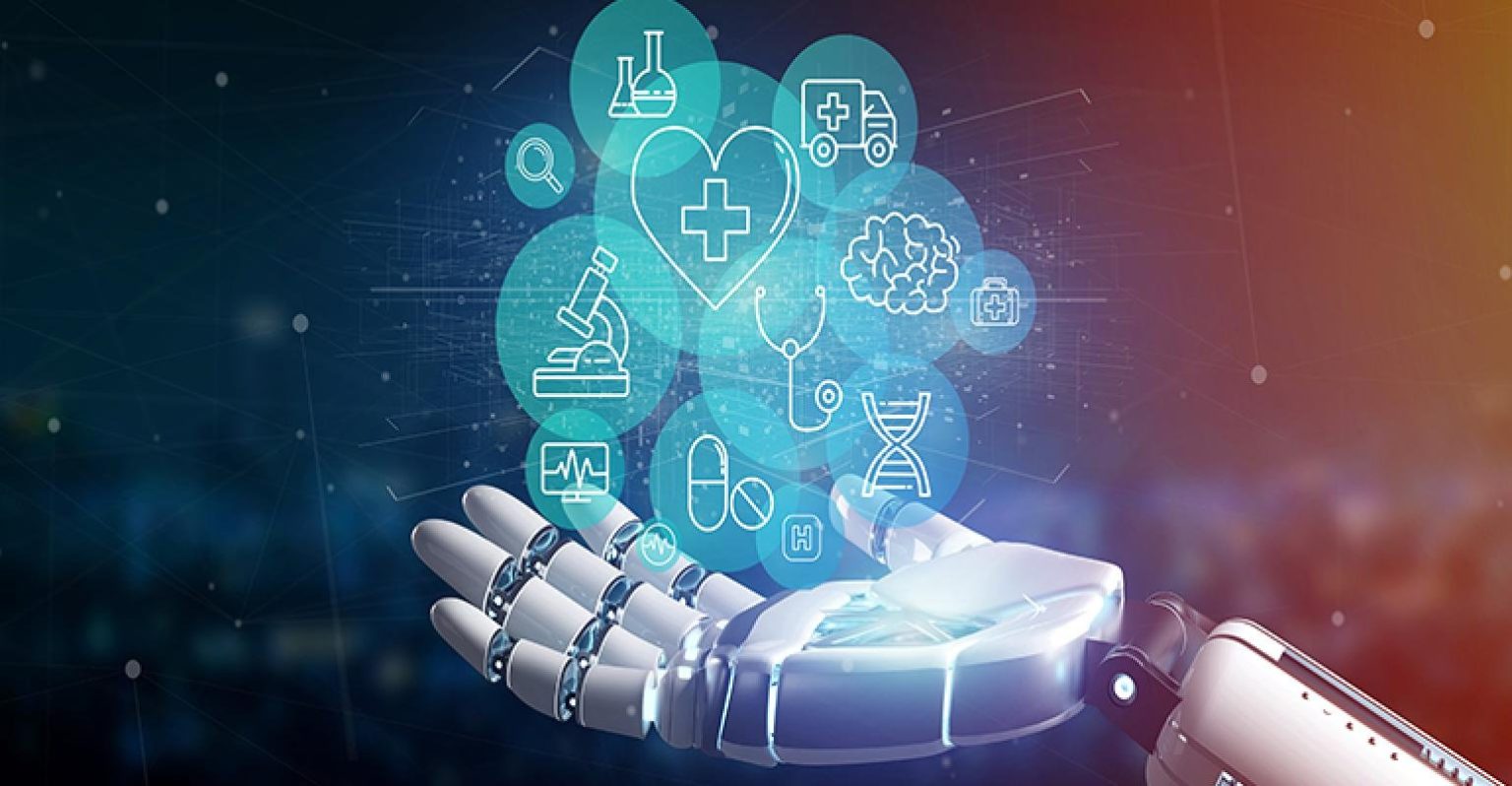
By Adeyemi Adekunle
In a crowded waiting room in Nasarawa State, Amina, a mother of four, clutches her son’s frail hand, her eyes scanning the faces of overwhelmed nurses.
Her son, suffering from a prolonged fever, hasn’t been seen by a doctor for days due to a severe shortage of healthcare workers. “We come every day, but there are too many people and not enough doctors,” she says wearily.
Amina’s story mirrors a growing crisis across Nigeria, where the mass migration of healthcare professionals seeking better opportunities—dubbed the “Japa syndrome”—has left the sector in disarray.
The numbers are stark: over 8,000 Nigerian doctors have left for Europe, the U.S., and other regions in the past five years, leaving only one doctor available for every 5,000 citizens—a ratio well below the United Nations’ recommended standard.
In this challenging environment, Artificial Intelligence (AI) has been hailed as a potential game-changer. Across the world, AI is revolutionizing healthcare systems.
In India and Turkey, AI supports doctors by providing faster diagnoses, enhancing surgery precision, and facilitating remote consultations. Could the same technology relieve Nigeria’s healthcare system?
Orthopedic and Trauma Surgeon Prof. Mike Ogirima believes it’s possible. “AI could assist in diagnosing diseases accurately, reducing the time spent identifying a problem,” he explains. Ogirima’s optimism is grounded in what he’s seen globally—machines analyzing X-rays within seconds, identifying anomalies a human might miss.
However, skepticism runs deep. “AI is a tool,” emphasizes Consultant Obstetrician Dr. Ekpe Philips. “It cannot replace the empathy of a doctor or the nuance of human decision-making.” He worries about an over-reliance on technology in a system already struggling to meet basic needs.
For Dr. Ukpai, a project director at the Development Research and Project Centre (DRPC), the solution lies in gradual adoption. He champions telemedicine, a simpler AI-driven solution that allows urban doctors to consult with patients in remote villages via video calls.
“Imagine a specialist in Lagos diagnosing a patient in Borno without ever leaving their clinic,” Ukpai says. “This could change lives.”
The barriers to AI adoption, though, are daunting. A 50-year-old generator powers the only primary health center in Amina’s town, making the idea of installing AI-powered diagnostic tools seem far-fetched. Internet access is another hurdle, especially in rural areas, where most citizens rely on unstable mobile data networks.
“AI requires infrastructure—electricity, reliable internet, and trained personnel,” says Dr. Bashorun, Director of the National AIDS and STIs Control Programme (NASCP). She adds that AI could save thousands of lives but must complement, not replace, human expertise.
Amina’s town offers a poignant glimpse of what’s at stake. Nurse Temidayo, who has served her community for two decades, recalls a night when the clinic was flooded with cholera patients. With only two nurses on duty, they lost six patients before sunrise. “If we had diagnostic tools or even telemedicine support, some of those lives could have been saved,” Temidayo says quietly.
Nigeria’s government has pledged to digitalize the healthcare system, with Coordinating Minister of Health Prof. Ali Pate spearheading efforts to integrate AI.
Partnerships with private companies, such as those funding electronic medical records or robot-assisted surgeries, have been proposed to reduce the financial burden. But whether these plans can bridge the gap in time remains to be seen.
For Amina, AI is not a buzzword—it is a distant hope. She hears of hospitals in Lagos with advanced technology, but nothing seems to reach her community. “I just want my son to see a doctor,” she says. Her plea underscores the real challenge AI must overcome in Nigeria: making its benefits accessible to those who need it most.
Ultimately, the integration of AI into Nigeria’s healthcare system is about more than technology—it’s about restoring hope for families like Amina’s. With the right investments, a blend of human expertise and AI-driven innovation could transform lives across the country.
But the journey will require more than ambition—it will demand empathy, collaboration, and an unwavering commitment to equity.




